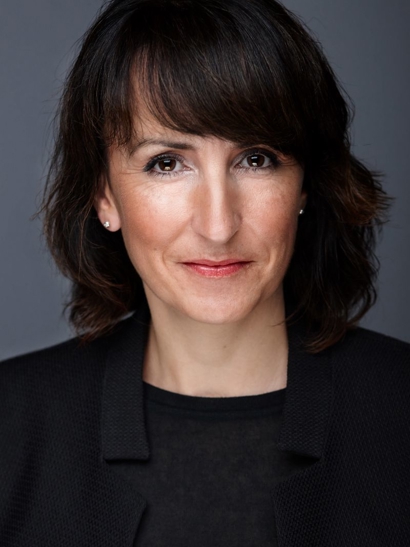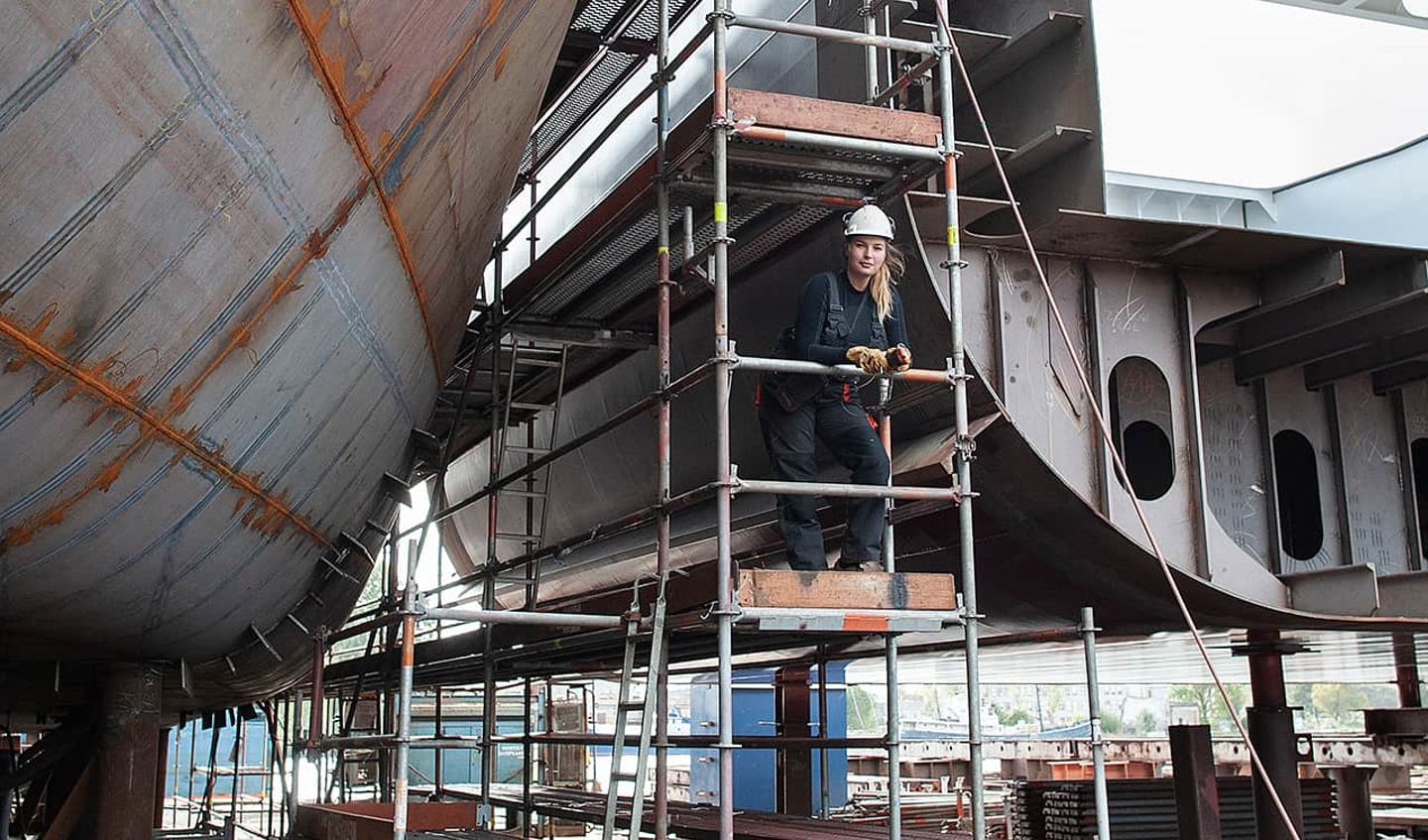The Diversity Study Group (DSG) is the first organisation dedicated to diversity, equity and inclusion (DEI) in the workplace across the global shipping and maritime sectors.
The data from the group’s third annual survey shows that although the shipping industry is heading in the right direction, there is still a significant lack of ethnic diversity and female representation at senior levels of the sector. However, representation at lower levels has increased compared to previous years.
Women breaking through
7.9% of this year’s C-suite respondents are women; they make up 23.8% of Heads of Department – a substantial year-on-year increase from 12.3%. Female representation at the Junior/Trainee level has been consistently high since the survey began in 2019 and currently stands at 56.7% and 48% at the midlevel position. There has also been a breakthrough at the Team Leader level. Just 29% were women in 2019; that figure has risen to 38.3% this year, suggesting a pipeline of female talent is progressing within the industry.
The report states that developing the pipeline of talent as well as fostering an inclusive workplace culture are seen as crucial companion programmes to attracting more women into the industry. If organisations are encouraging more women, and others from under-represented groups, into the sector, inclusion issues cannot be ignored.
Certain roles remain predominantly male, with fewer than 20% of technical jobs taken by women. This is not helped by companies that demand employees in technical roles must have a seafaring background – an area where there is a significant lack of female representation. This indicates that women have made progress in more generalist roles rather than those specific to the maritime sector.

“It is to everyone’s benefit for our sector to be attractive to people from a broad range of backgrounds, where they can thrive. Not only does shipping face global talent shortages, but organisations also require broader skill sets to tackle environmental challenges and technological advances.”
Being yourself at work
A significant majority of respondents agreed that they could ‘be themselves’ at work, which is a very positive sign. The figures are slightly lower for women, and much lower for people falling into the ‘other ethnicity’ category. 84% of respondents feel that they are supported in the workplace with 9% reporting that they are not. Only 36.2% of respondents indicated that DEI-related training is available to them; 49% do not have any; and 14.6% do not know if there is training or not.
The reports asserts that it is essential for all colleagues to understand the role they play in building a diverse, equitable and inclusive work environment, particularly leaders. Leaders are usually responsible for authorising their teams to spend time focusing on DEI and are looked to as role models for inclusive behaviour. Diverse representation at all levels matters. Colleagues need to see more people like them in positions across the entire organisation. If you cannot see it, it is harder to be it.
Aging workforce
Over a third of respondents were aged between 45-64. In many organisations, key functions are dependent on older employees whose knowledge of systems and processes is hard to replace which suggests that opportunities for better knowledge transfer are required.
The data set for the 2022 annual survey was gathered between January and September and is based on the responses of over 3,000 participants comprised of DSG members, including ship owners, operators and managers, class societies and marine services firms. For the first time in its three-year history, the report also collected data on three new areas: disability, gender identity and sexual orientation.

“LR aims to be a beacon of diversity and inclusion in our industry where all our colleagues feel seen, heard and valued. For us, diversity, equity and inclusion are enablers to creating high-performing teams, making a difference, and better relating to our customers to put them at the centre of what we do. We’re incredibly proud to be the first-ever class society to participate in the Diversity Study Group, the only group currently committed to gathering maritime industry-specific data on this very important issue.”
Sharron Pamplin, Chief People Officer, Lloyd’s Register
“This year’s results reveal some fascinating insights on the state of DEI in shipping. While there is still a lack of diversity at the senior level, there are signs of a growing ‘waiting room’ of more diverse talent below the C-suite. The onus is on employers is to provide the development support and opportunities that help them to fulfil their potential, in order to see real diversity in leadership positions. This is the third year that the Diversity Study Group has conducted our annual review and we have had a record number of responses from our members’ employees. This also allows us to benchmark progress on DEI in the shipping industry by tracking progress over time.”
Heidi Heseltine, Founder of the Diversity Study Group

Diversity Study Group members
- AET
- Ardmore
- Bernhard Schulte Shipmanagement
- BW Group
- Cargill Ocean Transportation
- CBS Alumni
- Dorian LPG
- G2 Ocean
- GasLog
- Hafnia
- Lloyd’s Register
- MOL (Europe Africa) Ltd
- Rightship
- Seably
- Teekay








